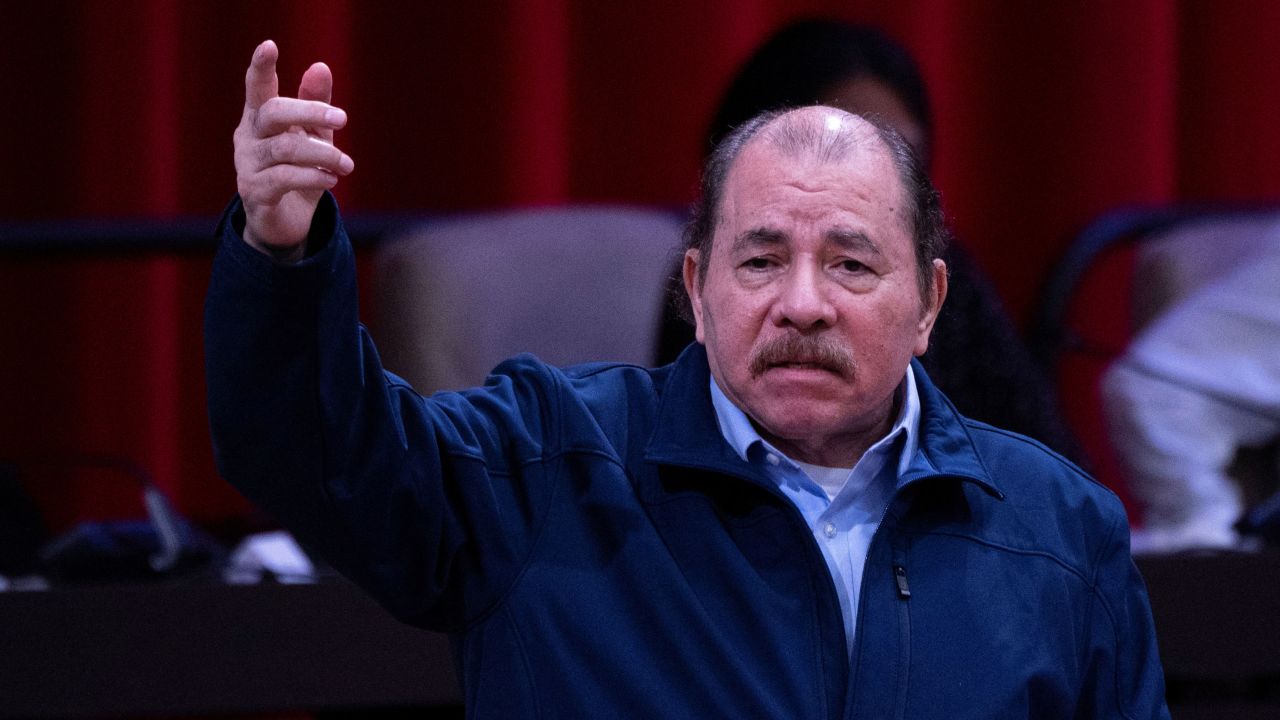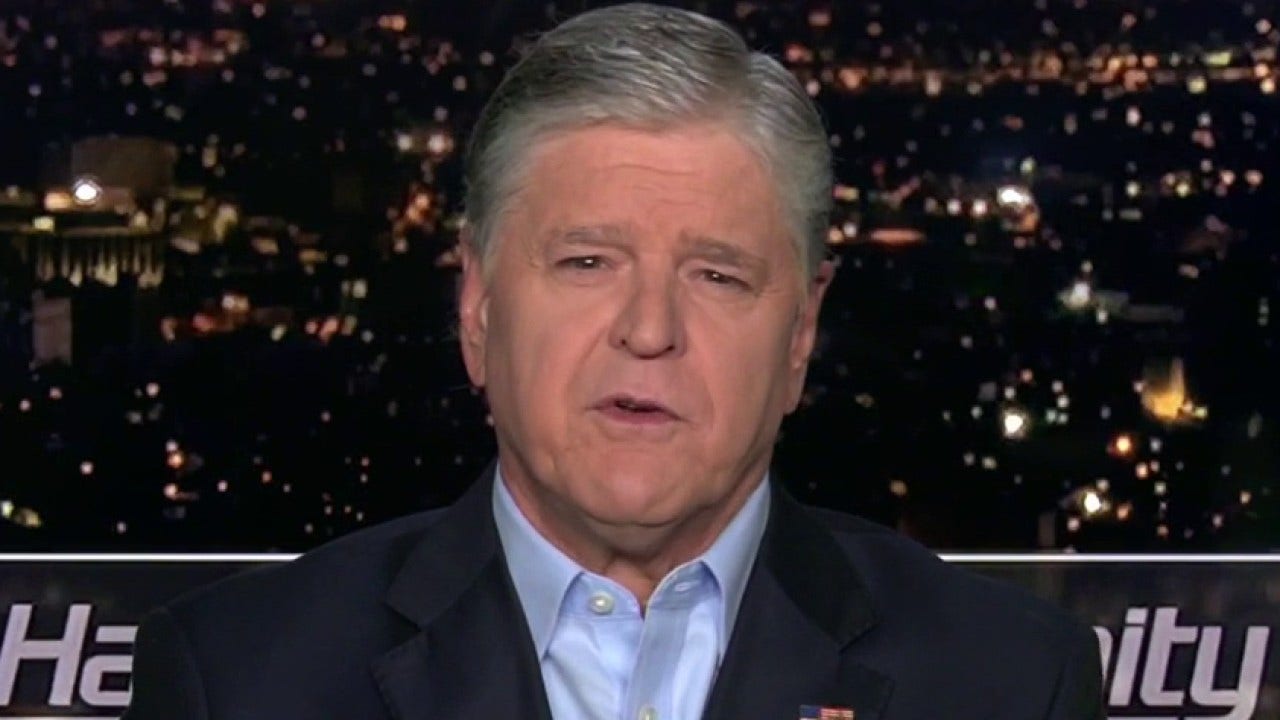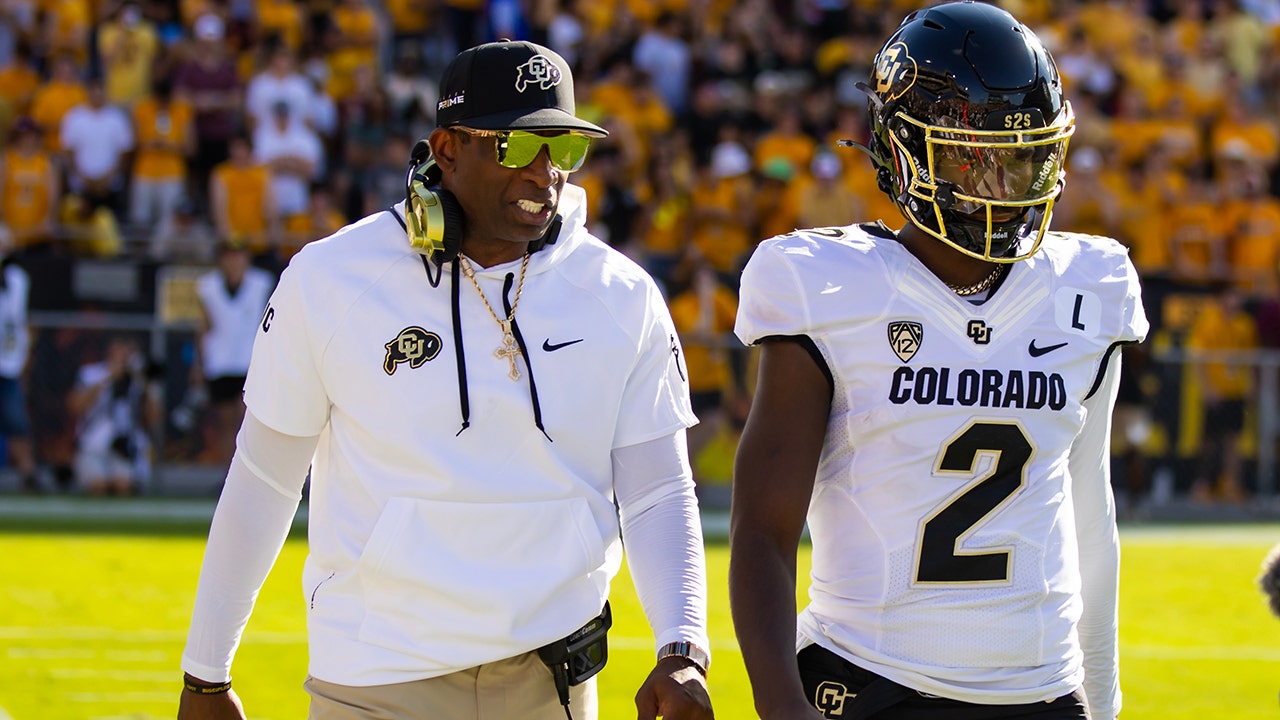CNN —
Two nuns who worked at a nursing home in Nicaragua were expelled from the country this week, amid a far-reaching crackdown on opposition leaders, journalists and the Catholic church by the government of President Daniel Ortega.
The strongman president has taken aim at the clergy in his country, calling bishops of the Nicaraguan Episcopal Conference (CEN) “terrorists.” Ortega accuses the Catholic church of supporting anti-government protests in 2018, which his government labeled an “attempted coup.”
The nuns, both Costa Rican citizens, arrived in Costa Rica on Wednesday, according to the Diocese of Tilarán-Liberia.
Sisters Isabel and Cecilia Blanco Cubillo, from the congregation Dominicas de la Anunciata, managed a nursing home in Nicaragua, according to Bishop Manuel Eugenio Salazar Mora.
Salazar Mora urged supporters to pray for the church, and for a Nicaraguan bishop named Rolando Álvarez, who was imprisoned in February.
The Nicaraguan justice system sentenced Álvarez, a vocal government critic, to more than 26 years in prison for crimes such as undermining the state and Nicaraguan society, and for allegedly spreading false news.
Lacking a defense, the bishop was unable to refute the accusations.
On Wednesday, a group of Trappist nuns from Nicaragua, who left the country at the end of February, also said that the government had confiscated their monastery, and handed it over to the Nicaraguan Institute of Agricultural Technology.
CNN is seeking a response from the government about both cases.
The authoritarian Ortega and his government have unleashed a campaign of political terror on the country.
Tens of thousands of Nicaraguans have fled their homeland to avoid persecution since 2018, when Ortega’s government cracked down on widespread anti-regime protests, killing hundreds of people, injuring thousands and arbitrarily detaining many, according to Human Rights Watch.
Protesters and their families at the time sometimes sought refuge from attacks by pro-government forces inside the country’s churches and cathedrals.
Bishops of the Episcopal Conference also participated as mediators for national dialogue, convening different social sectors with the government in an attempt to seek a peaceful solution to the political conflict.
Ortega claimed a fifth term as president in 2021. In June of that year, his government began using a vague national security law as justification to lock up opposition presidential candidates, opposition leaders, journalists, human rights activists and others ahead of the November election.
In February, the Nicaraguan government released more than 200 political prisoners, many of whom arrived in the United States.
.png)
 1 year ago
7
1 year ago
7










 English (US) ·
English (US) ·